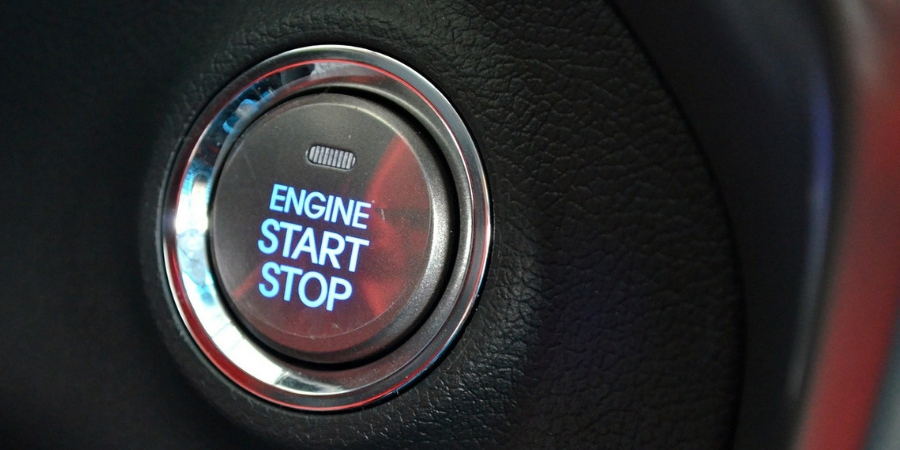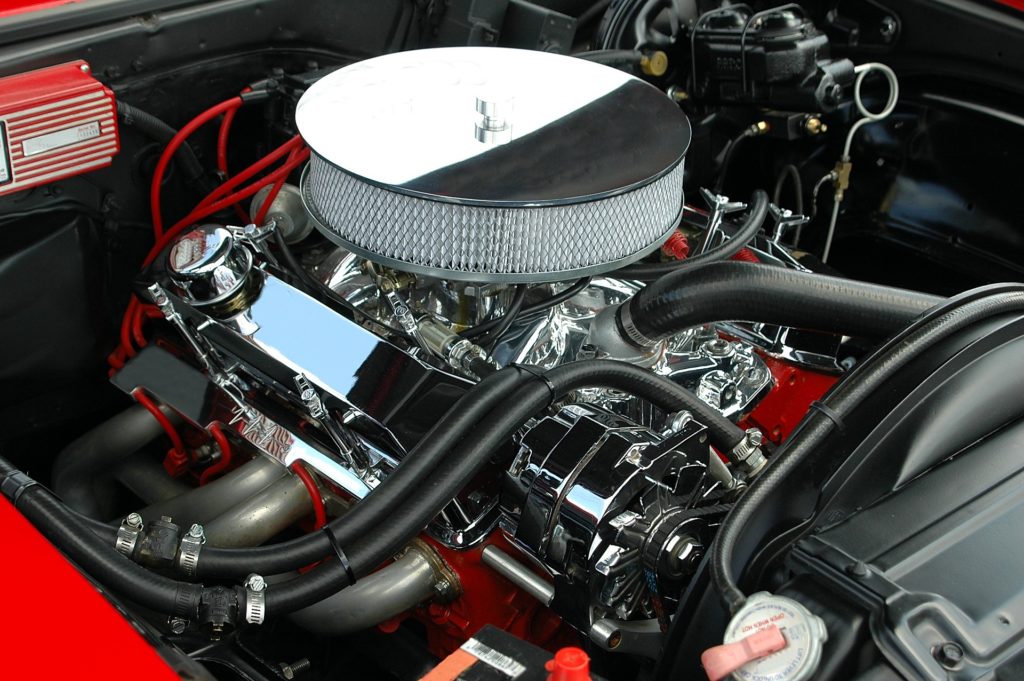
Why Would a Car Engine Start Up, Then Die?
If you’ve experienced it, then you know the frustration and confusion that come when your car starts and then dies. What exactly causes this problem that plagues so many motorists? There are a number of different reasons why a car might start and die but first, we’ll focus on a few of the more common causes.
Engine Immobilizer: All modern cars use a security system called an immobilizer. The basic function of the immobilizer is to prevent the car from starting if the driver uses the wrong key. If there is a problem with the immobilizer, the car might not even start if you use the right key! In cases like these, the car will often start for a few seconds, then die. In some cars, the engine will just crank and crank, and never seem to start.
Fuel system: A failing fuel pump can cause a car to start for a second and then die. Often there is some remaining fuel in the fuel lines that burns shortly after ignition. But if more fuel isn’t pumped from the fuel tank, then the car will quickly die. The same can be true if you’re out of fuel.
Engine flooded: Here in Minnesota, the temperatures get pretty low. When this happens, the engine turns over slower. If the engine turns too slow or the spark plugs are worn, you can flood the engine. A flooded engine means the cylinders are filled with fuel and the spark plugs can’t ignite the fuel. A flooded engine will turn over, but won’t start until it is de-flooded.
Electrical: Many people will say they have an electrical problem with their car if they notice their lights or radio turning off and on, but we’re using the term a little more loosely. All modern cars have a mile or more of wires hidden throughout them and at least 5 control modules that control basically every operation of the vehicle. If a problem occurs with the Engine Control Module (ECM) (aka Engine Control Unit (ECU) or Powertrain Control Module (PCM)) or one of the many wires going to it, it can cause your car to start and die. As with many electrical problems, this can be an intermittent issue that only happens sometimes.

Common causes of an engine starting then dying include the immobilizer, fuel system, electrical, and engine flooding
Should I Go In for an Inspection When My Car Starts and then Dies?
Any reason that a car does not start is cause for concern, and that includes having a car that dies right after starting. Even if your vehicle is only sometimes experiencing a problem, it would be in your best interest to schedule an appointment so it doesn’t cause a problem when you need it most.
Other Signs to Look For when Diagnosing
There are a few things you can look out for that might help you diagnose why your car starts and dies. The first would be if any dash warning lights come on while you’re trying to start it or while the car is running for that brief second. Some common lights might be the immobilizer light (most cars use a light that looks like a key), or the check engine light. The check engine light would come on to indicate a problem with the driveability of the engine.
What Can I Expect when I Have My Car Serviced?
- The first step to fixing any problem, big or small, is to find out what the problem is. Our diagnosis starts with seeing if we can duplicate the problem. If the problem is intermittent it can be more difficult to replicate, but if it just won’t stay running this is an easy first step.
- Next, we will check for fault codes. Modern cars use a number of sensors to monitor nearly every system in the car. If one of these sensors detects a problem or one of the sensors is not functioning normally, then there will be a fault code. If there is a fault code, we have a database of diagnostic information on each fault code for each vehicle. There will also be a fault code if there is a problem with the immobilizer system.
- If there are no fault codes, the next step is generally to check fuel pressure. On most vehicles, this is an easy test that consists of connecting a fuel pressure gauge to a port under the hood. If fuel pressure is low or non-existent, then you probably need a fuel pump.
- If your vehicle passes these tests, the diagnosis gets a little trickier. Fortunately, our technicians have decades of experience and we have access to a database with fix information from thousands of shops around the United States to help point us in the right direction.
- Once the problem is found it’s a matter of letting you, the customer, know and then ordering and replacing the failed parts. The final step is to clear any fault codes and test drive the car to ensure the repair is complete.
Is There Any Preventative Maintenance that will Keep My Car from Starting and Dying?
There are very few things that you as the driver can do to prevent your car from starting and dying. Things like the fuel pump will fail over time. The key or other immobilizer components can also fail over time. You can be careful with your key — not that you should baby it– but try not to throw it around or drop it in puddles, as this can shorten its usable life. As a car ages, every part of the car wears. This is especially true in places like Minnesota where cars not only have to deal with great temperature differences, but also snow, salt, sleet, and rain.
Many car repairs are unavoidable, which is why we’re here to repair what failed and get you back on the road!

